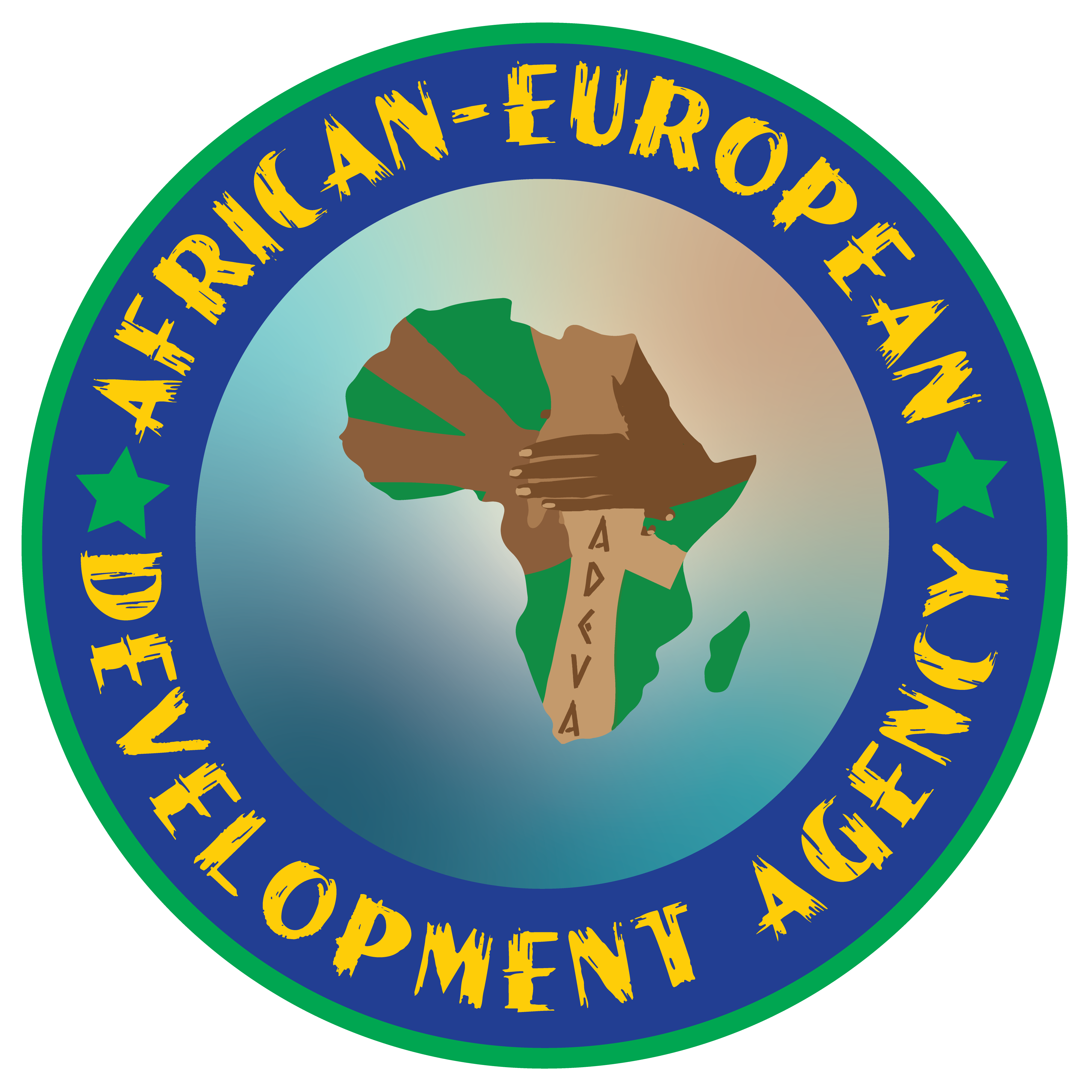The Project Summary
Objectives
“On the night of the EU referendum […] another group of people will be following the vote count closely as well: the voiceless group of EU migrants for whom Brexit would change everything. They will watch the results coming in, their fate decided by other people’s rather uninformed vision of who they are and what they do […] Named and shamed throughout the campaign, the 3 million minority from all over Europe have reason to be worried. Although seen as the most important issue of the referendum campaign, they have been completely excluded from the debate – becoming the subject of the conversation, not participants.” Powerful words from Jakub Krupa clearly show the hypocrisy of the political discourse against the reality of today’s Europe; while Krupa’s words on The Guardian refers only to migrants living in the UK, a similar address is indeed easily extended to the millions of immigrants living all over Europe who increasingly hear themselves called in the news but do not find open avenues to respond and express their opinions. Similarly, young people are excluded from social and civic life and the recent terrorist attacks reminded us of the grave risks of disengagement and marginalisation of youth as the way it reacts can dangerously reach up to violent radicalisation. Overall, the 2015 EU Youth Report highlights young people with migrant background as 1 the 2 groups most at risk of poverty and social exclusion, making them the most voiceless category of all.All over Europe, local and regional authorities and youth organizations are seeing the common challenge of the number of young migrants (and youth with migrant background) constantly growing in their territories, while the institutional responses being limited or inexistent. Furthermore, worryingly enough, even when action is taken, the results are often not what were hoped for; institutions often complain that, in spite of all their efforts, few young people become involved and the returns on the investment are minimal.
This project aims at bringing together 26 youth workers, municipality officers, migrant youth and young people with migrant background and youth leaders, from 11 European countries to: – Empower CSO and local authorities to better involve young people with migrant background in their programmes;- Improve local and regional integration policies and the competences of local stakeholders to work together (multi stakeholders and cross sectoral initiatives) and with migrants in developing new programmes;- Support the integration and the development of a sense of belonging of young migrants in their host communities; – Increase the involvement of all sectors, including the private one, in migrant youth integration.In the framework of the 2015 Declaration on promoting citizenship and the common values of freedom, tolerance and non-discrimination through education (“the Paris Declaration”) and of the Declaration of the 2nd Youth Work Convention, this project aims at addressing the current gap of participation of migrant youth and young people with migrant background by supporting local authorities and institutions in working with and for them, by offering them the tools and competences needed to involve young migrants in the decision making process. In agreement with the renewed framework for European cooperation in the youth field (2010-2018) and the Erasmus+ Programme priorities and putting into action the funding principles of the European Union (TEU, art 2 and 165) and these two declaration, participants will address and seek answers for questions like:- how can institutions better respond to the need of young migrants?- How can they better shape their initiatives to offer real scope for them to become actors and to take decisions, thus concretely encouraging their participation? – are they prepared for the possibility of young people changing the old script?- Which support should come from civil society and youth workers to support both parties? – which actions are required by local authorities and CSO to reduce socio-political disadvantages of migrant youth and young people with migrant backgrounds?- which competences and methods do local authorities and youth organizations need to better reach out to marginalised young people and preventing their violent radicalisation?Giving spaces of participations to young migrants in Europe, does not mean listening to their own voices but also to the entire world of institutions, civil society organizations, private associations, … working with and for them.
erasmus+ KA1
Learning Mobility of Individuals - Youth mobility
11 Participating countries:
Coordinator:
Stichting ADYNE
Project Title: Young Migrant Voices: A Training Course for Boosting Participation of Young Migrants in Decision-Making Process at Local Level
Start: 09-09-2016
End: 31-07-2017
Project Partners
-ADEVA ( Sweden )
- A. GUL UNIVERSITY(Turkey)
- REZEKNES ( Latvia )
- ACID ( North Macedonia )
- ECOS ( Portugal )
- USBAE ( Greece )
- AAPG ( Italy )
- UATMS ( Romania )
- DURANE ( Romania )
- VAS ( Austria )
- FCAT (Poland )
©2020 African-European Development Agency EU PIC # 942384780 . EU OID # E10039006 . EuropeAid ID # SE-2020-CZK-2406259037

